Have you ever felt overwhelmed at work because of your ADHD? You're not alone. Many young professionals face similar challenges, but there's a way to make your work environment more supportive.

Imagine this: Luke, a recent college graduate, is starting his first job. He’s excited but also worried about how his ADHD might affect his performance. He wonders if he should ask for accommodations, but doesn’t know where to start.
What steps can he/you take to ask for ADHD accommodations that can boost your productivity?
#1: Understand ADHD's Impact on Your Work

If you have ADHD, it can impact your ability to:
maintain attention
control your impulses
focus on tasks
You might often face challenges when:
organizing your activities
following schedules
minimizing distractions
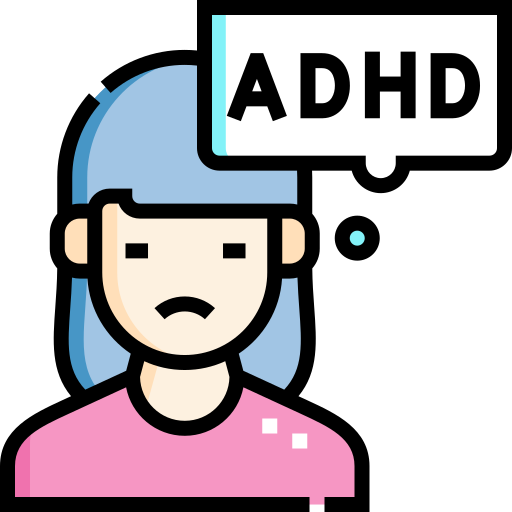 How ADHD Impacts Work
How ADHD Impacts Work
ADHD can make it hard for you to focus on what is important, finish work on time, and keep things organized.
You might make quick decisions without thinking or interrupt others while they're talking.
These challenges can impact how well you their job, especially in noisy or distracting places.

The Importance of ADHD Accommodations
Workplace accommodations, like flexible hours or noise-canceling headphones, can help you perform better and feel more satisfied at work.
Having accommodations like these can increase your productivity.

ADHD Accommodations Scenario: Luke's Needs
Luke has just started his first full-time job. He has ADHD and is having difficulty staying on task, meeting deadlines, and concentrating in a noisy office. His manager wants to support him with reasonable accommodations.
Question: Which combination of ADHD accommodations would best address Luke’s specific challenges and support his success at work?
A. Reduced workload and additional meetings
B. Noise-canceling headphones and flexible deadlines
C. Noise-canceling headphones and reduced workload
D. Flexible deadlines and more frequent meetings
Quiz
Choose the best answer:
#2: Identify Your Specific Needs
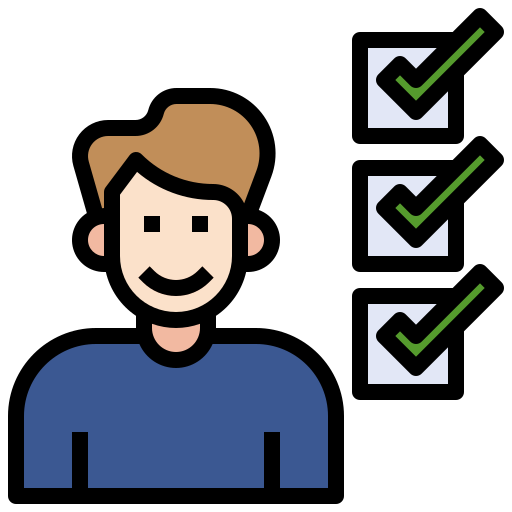 Self-Assessment
Self-Assessment
Start by identifying the specific challenges you face at work. These might be:
difficulty with time management
staying focused
prioritizing tasks
remembering details
Identifying the right ADHD accommodations can make all the difference in managing and overcoming these challenges. Consider:

Quiet spaces or noise-cancelling headphones: These can really boost your focus. They work wonders in busy office environments by helping to minimize distractions. They're perfect for getting that deep work done! Ask your manager if quiet spaces are available, or if you can use noise-cancelling headphones.
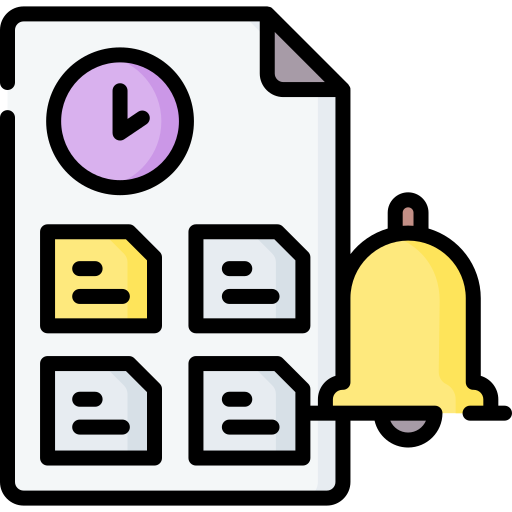
Task reminders: See if your workplace has tools to set up friendly reminders or notifications for your meetings and deadlines. They can really help you stay organized and on top of your schedule.
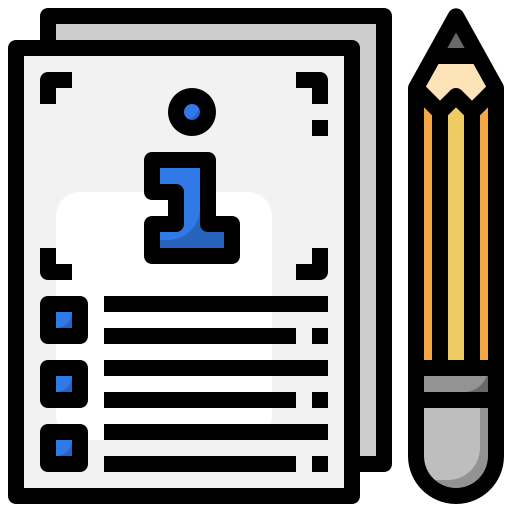
Written instructions: Asking for a written list of tasks and priorities is a great way to back up verbal instructions and make sure you're on the same page with everyone else. They help you clarify expectations and keep things organized!

Flexible hours: Talk to your manager about choosing the times that work best for you! Whether you’re a morning person or someone who shines in the evening, you can ask to tackle your tasks when you’re feeling most productive.
Quiz
Emma has ADHD and has difficulty staying organized and meeting deadlines. She finds it hard to manage multiple tasks at once and forgets important meetings. Which accommodation would most likely help Emma stay on track?
#3: Know Your Rights
In many countries, people with ADHD are protected under disability rights laws. It's all about ensuring everyone has a fair chance and can get support when they need it!
 USA
USA
In the U.S., the Americans with Disabilities Act (ADA) requires employers to provide reasonable accommodations for employees with disabilities, including those with ADHD. This law ensures that you can ask for ADHD accommodations without fear of discrimination.

Canada
The Canadian Human Rights Act offers important protection against discrimination for people with disabilities, including ADHD. This means that employers are responsible for reasonable ADHD accommodations to help you thrive at work — as long as it doesn’t cause significant difficulty for the company.
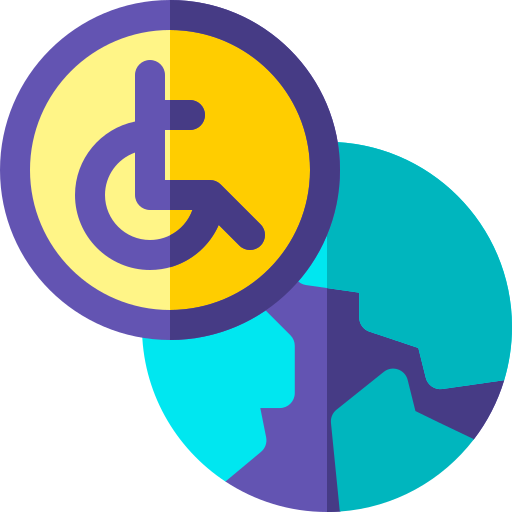 UK
UK
The Equality Act of 2010 ensures that employees with ADHD can request reasonable adjustments at work, like having flexible hours or a quieter workspace.
#4: Prepare to Communicate
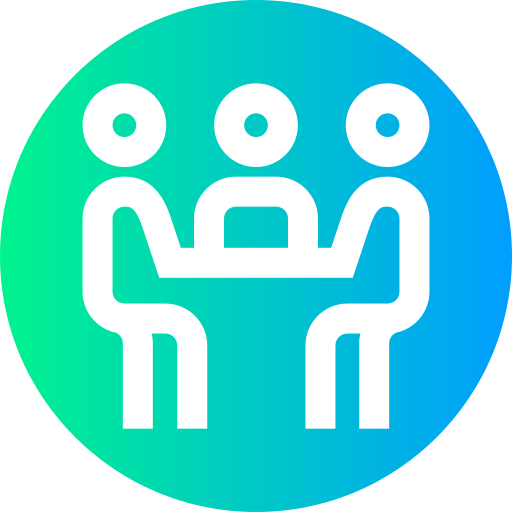 Choose the Right Time
Choose the Right Time
Timing is crucial when discussing ADHD accommodations with your employer. Make sure you schedule the conversation during a calm, low-stress time, such as during a one-on-one meeting or performance review. Avoid times when your manager is dealing with high-pressure situations.
Remember to approach the conversation professionally and calmly to make sure your needs are taken seriously.
Easier said than done, right? I hear you! These tips will help you prepare for this conversation:
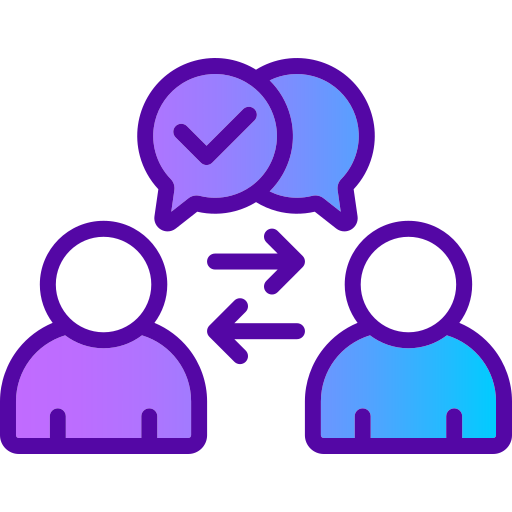 Effective Communication
Effective Communication
Be clear and concise about what accommodations you need and why. Use “I” statements, such as “I have difficulty focusing in noisy environments” to describe the challenges ADHD presents at work.
Be prepared with specific examples of how ADHD impacts your work, like difficulty with time management, distractions, or forgetfulness. This helps your employer see the practical need for your ADHD accommodations.
Reference the Americans with Disabilities Act (ADA) or similar local laws that protect your right to reasonable ADHD accommodations. Explain that these protections entitle you to request support without fear of discrimination.
 Building Confidence
Building Confidence
Before the conversation, practice what you want to say with a trusted friend, mentor, or even in front of a mirror. This will help you feel more confident and prepared.
Remind yourself that requesting accommodations is a professional step toward achieving success and productivity, not an admission of failure.
Seek additional guidance from resources such as ADHD coaching or support groups to help you build your confidence and prepare effectively.
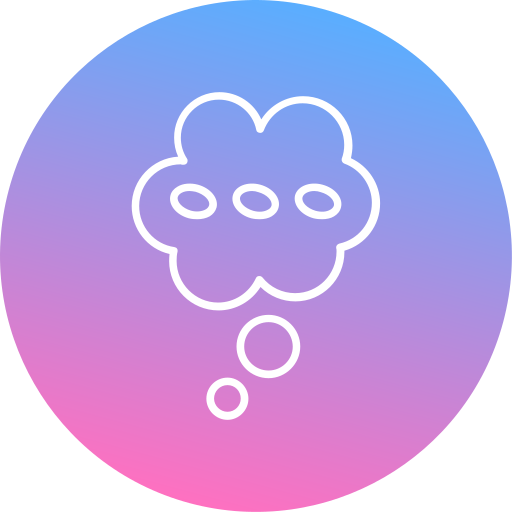
ADHD Accommodations Scenario: David's Meeting
David has ADHD and recently started a new job. He’s finding it difficult to manage distractions in the office and is missing some deadlines. He’s meeting with his manager to talk about potential ADHD accommodations.
Question: Which response from David shows self-awareness and communicates his needs clearly and professionally?
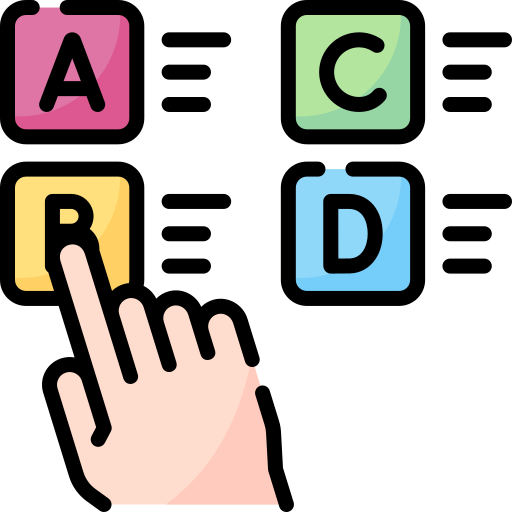
A. “I have ADHD and I just can’t focus in this kind of environment. I don’t think I’ll be able to meet expectations unless things change.”
B. “I have ADHD, and I’m noticing that the office noise makes it hard for me to concentrate. Would it be possible to use noise-canceling headphones or have a quieter space?”
C. “Deadlines are tough for me because I get easily distracted. Maybe I shouldn’t have taken this job.”
D. “I just need people to understand that I have ADHD. It’s not fair to expect me to work like everyone else.”
Quiz
Choose the best answer:
#5: Follow Up and Stay Encouraged
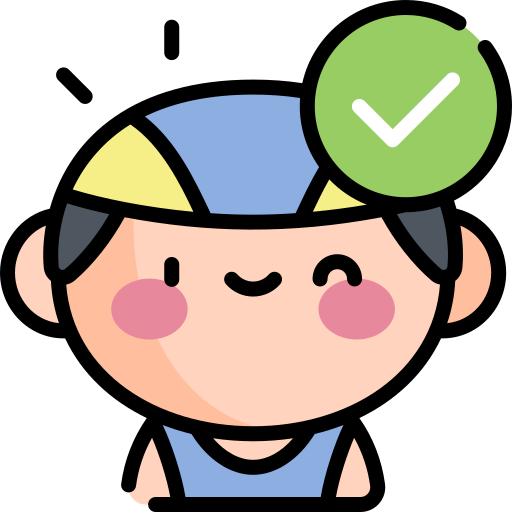 How Are Things Going?
How Are Things Going?
Now that your ADHD accommodations are in place, check in with yourself. Are you feeling more focused or meeting deadlines more easily? Track your progress to see if things are working or need tweaking.
Share feedback with your employer. Let them know what’s working and what isn’t so that adjustments can be made.
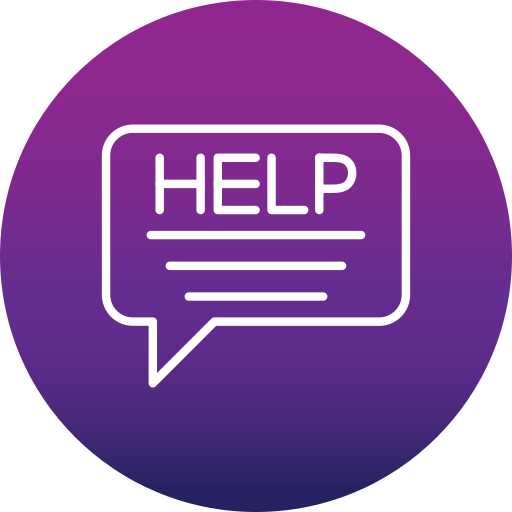 Something’s Not Working? Ask for More Support!
Something’s Not Working? Ask for More Support!
If something isn’t working, don’t hesitate to ask for further adjustments.
You can request different tools or a quieter workspace, or reach out to support groups or ADHD coaches for additional ideas.
 Keep the Dialogue Open
Keep the Dialogue Open
Keep your employer in the loop by offering constructive feedback.
For example, if noise-canceling headphones aren’t enough, suggest alternative ADHD accommodations like a quieter area to work in.
 Stay Positive
Stay Positive
It may take time to find the right accommodations. Stay encouraged by the success stories of others who have thrived by advocating for their needs.
Prioritize self-care to stay strong during this process.

ADHD Accommodations Scenario: Lisa's Follow-up
Lena has ADHD and has been using a noise-canceling headset at work to help with focus. After a few weeks, she realizes it's not enough — she’s still finding it difficult to concentrate and stay productive. She decides to follow up with her manager to explore additional accommodations.

Question: What’s the most effective and professional way for Lena to approach the conversation?
A. “I don’t think anything is going to help at this point. This environment just isn’t a good fit for someone like me.”
B. “Nothing’s changed, and I’m getting frustrated. I really need this to be taken seriously."
C. “I tried the headset, but it’s not working. I need to work from home full-time instead.”
D. “The headset helped a little, but I’m still having trouble focusing. Can we explore other options, like a quieter workspace or more flexible scheduling?”
Quiz
Choose the best option:
Take Action

Now is the time to ask for ADHD accommodations!
Your feedback matters to us.
This Byte helped me better understand the topic.
